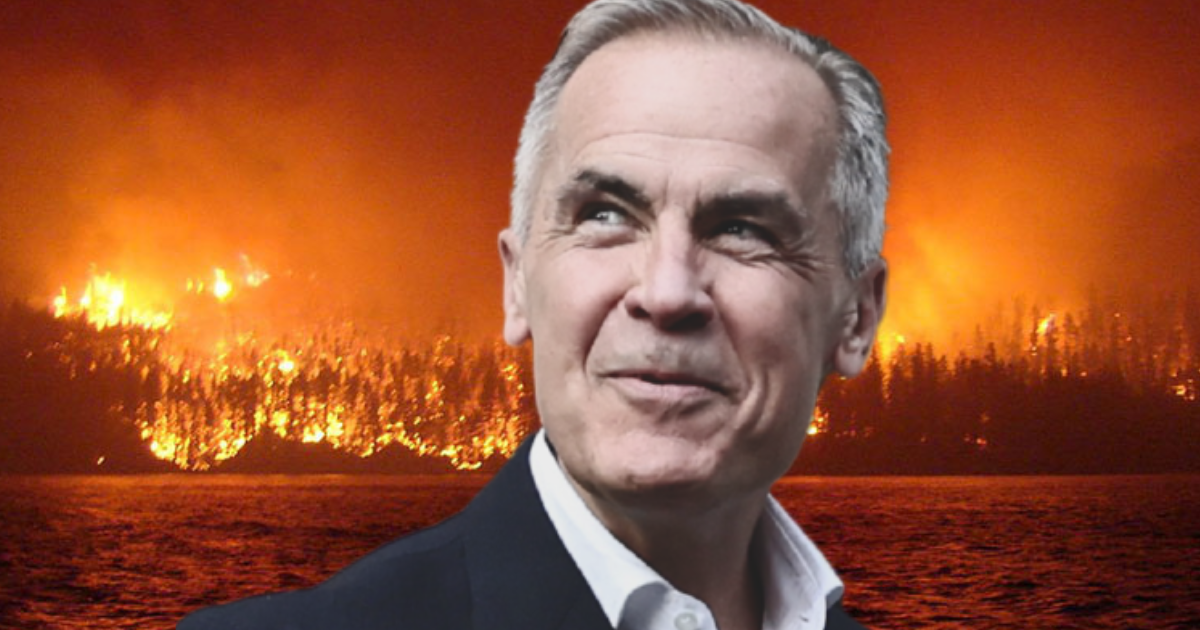Destroying ecosystems, abandoning climate targets and trampling Indigenous Rights is not in the “national interest”

Wilderness Committee condemns the push for industrial projects without environmental reviews and Indigenous consent under Bill C-5.
VANCOUVER / UNCEDED xʷməθkʷəy̓əm, Sḵ wx̱wú7mesh AND səlilwətaɬ TERRITORIES — With the federal government expected to release its first list of projects deemed to be of “national interest” under Bill C-5 in the near future, the Wilderness Committee is calling for the process to be halted and the legislation repealed. This upcoming announcement, the first in a series expected throughout the fall, will indicate which extractive industries Prime Minister Mark Carney’s government is prioritizing as “nation building,” even if it means trampling environmental protections and Indigenous Rights.
Despite offering no clear definition of what qualifies as being in the “national interest,” these projects will be fast-tracked by bypassing essential safeguards like public consultations and science-based environmental assessments, and in violation of the right of free, prior and informed consent of Indigenous Peoples.
“Cutting corners and destroying ecosystems, polluting waters and deepening colonialism is not nation building. The only thing Prime Minister Carney’s government is protecting is the wealth and profits of resource corporations,” said Conservation and Policy Campaigner Lucero Gonzalez.
“Bill C-5 and the undemocratic fast-tracking of projects that Prime Minister Carney says are in the “national interest” do nothing to protect Canada against US tariffs. They only reprise the extractivism, environmental destruction and colonial violence Canada has been built on,” she added.
The Wilderness Committee is particularly concerned that the Carney government will reannounce harmful fossil fuel projects or revive long-dead oil and gas export plans. The organization will be watching for the inclusion of projects like LNG Canada Phase 2 or Cedar LNG, both of which already have permits, which would reaffirm Prime Minister Carney’s abandonment of climate action in favour of the fossil fuel industry.
The expected list of projects may also revive others like the long-dead Northern Gateway pipeline in northern B.C., or a scheme to ship fossil fuels through Hudson Bay.
“If Prime Minister Carney wants Canada to be an “energy superpower,” he should start powering the present and the future, not the past,” said Climate Campaigner Isabel Siu-Zmuidzinas. “That means respecting Indigenous Rights, investing in renewable energy and strengthening environmental reviews — not throwing away environmental protections, handing out millions in subsidies and making life easier for oil and gas CEOs by slashing project timelines, all while people struggle to pay their energy bills.”
Manitoba is just days out of a months-long state of emergency due to climate change fueled wildfires across most of the province. The Wilderness Committee says the costly health impacts from smoke, hardship and expenses of the largest wildfire evacuations in recent history, and the tragic loss of life all highlight why fossil fuel use must be eliminated and not expanded. Yet this week, Prime Minister Carney is stoking the fire with the promise of fossil gas shipments through northern Manitoba.
“That our Prime Minister even mentions shipping fossil fuels through our province as we suffer from severe burns is ghoulish,” said Wilderness and Water Campaigner Eric Reder. “But fast-tracking a fossil fuel project through northern First Nations and Inuit territory, which are still reeling from wildfires, is unimaginably cruel. Fossil fuel expansion will kill more of us faster, and someone needs to warn Prime Minister Carney of the fate he is committing us to.”
The Wilderness Committee opposes any fossil fuel exports through Hudson Bay, and argues no projects of any kind should be built without improved and increasingly robust environmental impact assessments.
The removal of federal impact assessments for major projects is doubly concerning in provinces such as Ontario, where Premier Doug Ford has already passed laws under his own Bill 5 to exempt designated projects from environmental oversight. Premier Ford has identified the 5000 square kilometer mineral-rich Ring of Fire as his first target for exemption from provincial laws as a “special economic zone.”
“With Bill 5 and Bill C-5, we’re looking at a dangerous abandonment of government oversight and expert planning that paves the road to environmental disasters and violations of Indigenous Rights,” said Ontario Campaigner Katie Krelove.
“The prospect of ramming roads, dams, transmission lines and mines into the Ring of Fire region without thorough consideration of their impacts is terrifying and just plain ludicrous. There can be no real nation building without consent from First Nations, Métis and Inuit Peoples,” she added.
The Wilderness Committee will continue to work with Indigenous leaders, communities and other organizations to fight environmentally destructive projects and call for increased conservation and stronger environmental laws.
“Prime Minister Carney needs to realize that destroying ecosystems, abandoning the fight against climate change and trampling Indigenous Rights will never be in our best interests,” said Gonzalez.
-30-
For more information please contact:
Lucero Gonzalez | Conservation and Policy Campaigner
604-700-3280, lucero@wildernesscommittee.org
Isabel Siu-Zmuidzinas | Climate Campaigner
781-572-2795, isabel@wildernesscommittee.org
Katie Krelove | Ontario Campaigner
647-208-4026, katie@wildernesscommittee.org
Eric Reder | Wilderness and Water Campaigner
204-997-8584, eric@wildernesscommittee.org